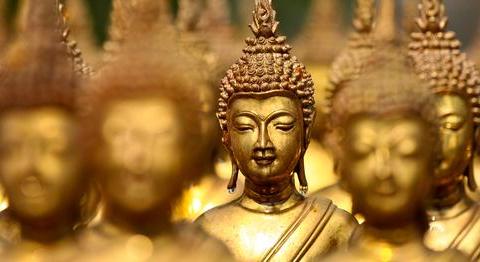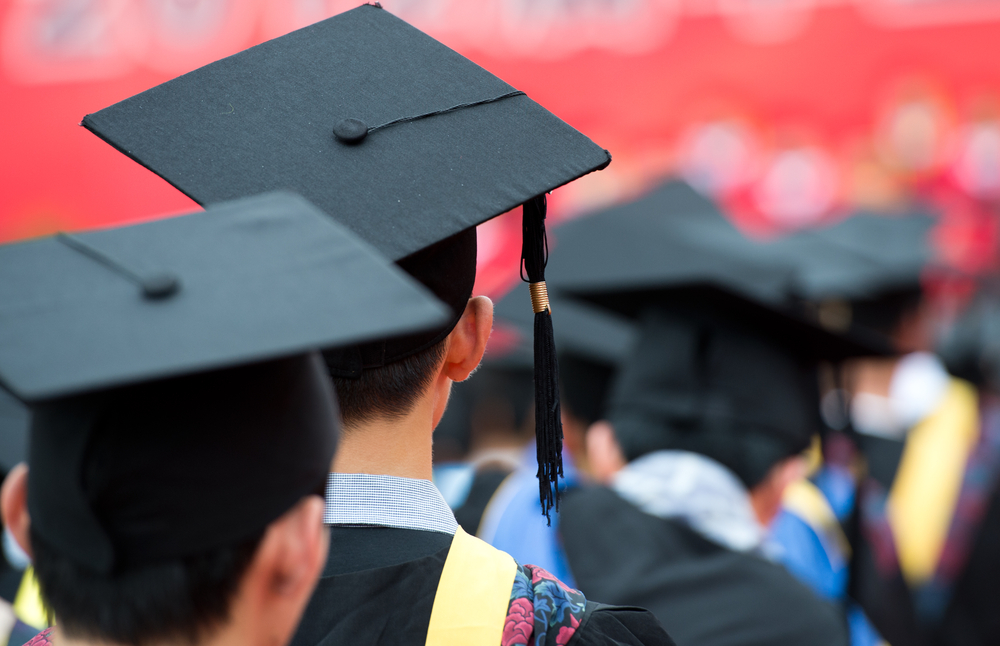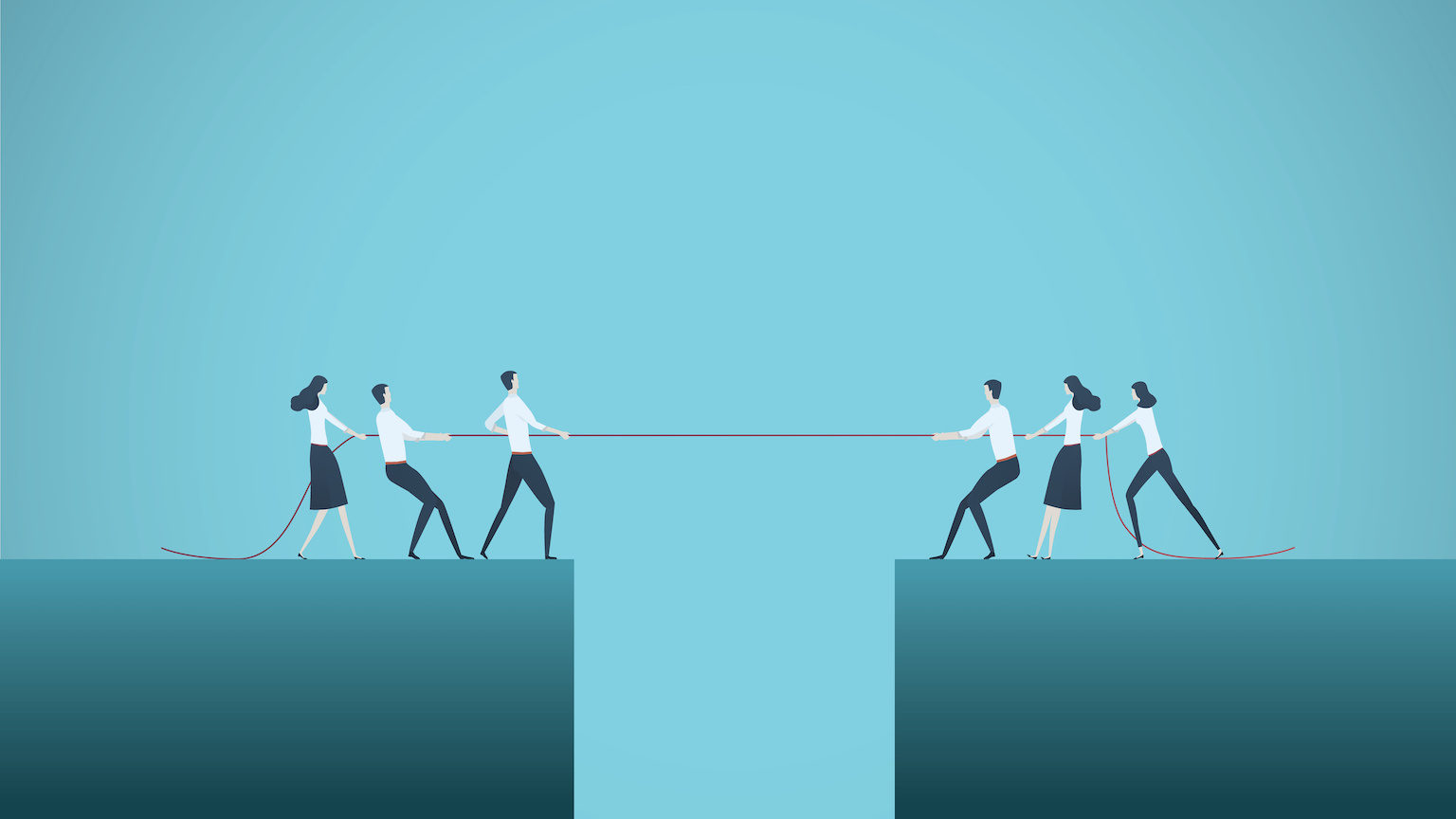In America, Age Brings Wisdom. But Not in Japan.

What’s the Latest Development?
A psychological study of Americans and Japanese found that, for Americans, wisdom increases with age, while Japanese seem wise from the age of 25. In the study, newspaper articles describing a conflict between two groups, such as a poor Pacific island and an adventurous oil company, were given to individuals of each nationality. Each person’s analysis of the conflict was then evaluated according to the five crucial aspects of wise reasoning: “Willingness to seek opportunities to resolve conflict; willingness to search for compromise; recognition of the limits of personal knowledge; awareness that more than one perspective on a problem can exist; and appreciation of the fact that things may get worse before they get better.”
What’s the Big Idea?
While the Americans’ wisdom quotient increased over time, from 45 to 55 between the ages of 25 and 79, the Japanese score hardly varied with age. Surprisingly, though Americans have a more individualistic society, the Japanese subjects demonstrated a higher degree of interpersonal knowledge. “Americans, by contrast—at least in the maturity of old age—have more intergroup wisdom than the purportedly collectivist Japanese.” The findings demonstrate that individual skills may be more necessary in a collective society, and that collective skills are more needed in an individualistic one.
Photo credit: shutterstock.com




